Keywords: Australian Government
There are more than 200 results, only the first 200 are displayed here.
-
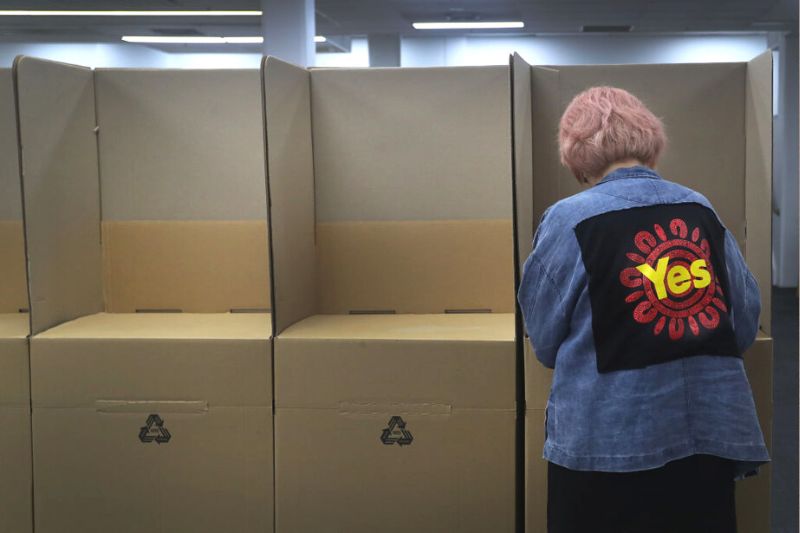
AUSTRALIA
- Joel Hodge
- 19 October 2023
44 Comments
The Australian Indigenous Voice referendum has been rejected, as anticipated by many, with the meaning and consequences now up for debate. This debate may be as crucial as the referendum debate itself to determining the future of reconciliation and what it means to be Australian in the 21st century.
READ MORE
-
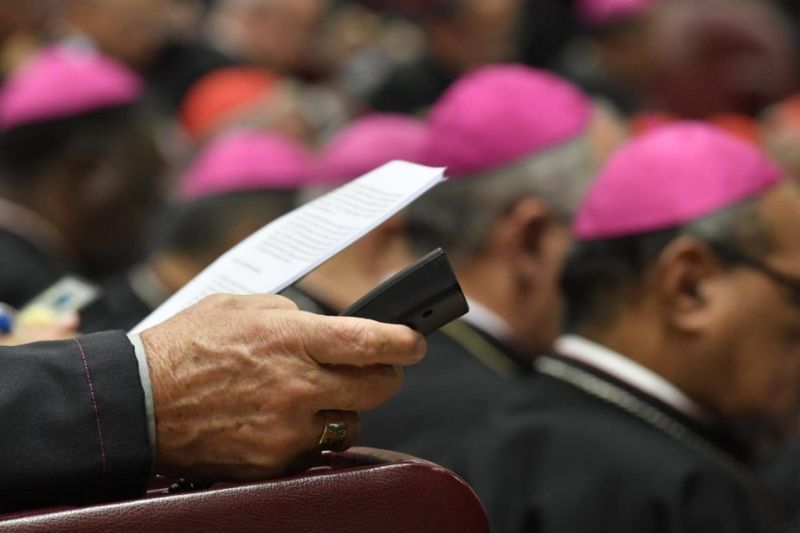
RELIGION
- John Warhurst
- 18 October 2023
9 Comments
This month we navigate the dual milestones of a failed constitutional referendum and the First Assembly of the Synod of Bishops. Seemingly disparate, these events converge in debates over tradition, leadership, and discourse. Their outcomes promise to shape the nation's spiritual and secular contours for generations.
READ MORE
-
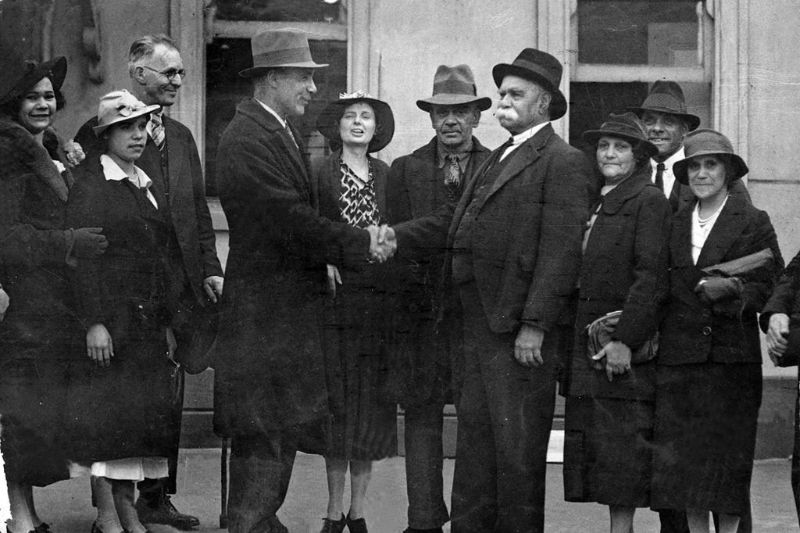
AUSTRALIA
- David Halliday
- 13 October 2023
This vote will be remembered as an opportunity for Australians to grapple with the injustices of history, and imagine a more just way forward. My hope is that each person voting will have done just that – and whether they vote ‘yes’ or ‘no’, that they are making their vote bearing in mind what they think will best reconcile our nation’s past and look forward to a more just future.
READ MORE
-
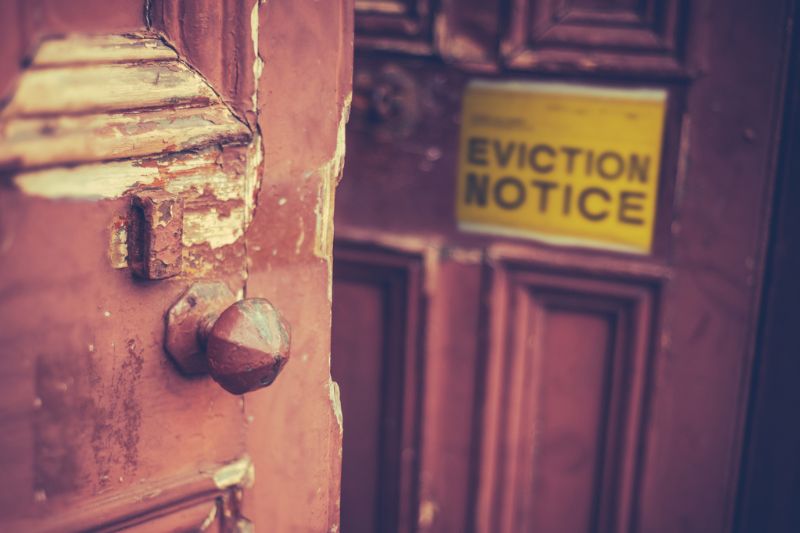
AUSTRALIA
- Mark Gaetani
- 12 October 2023
3 Comments
Beneath the facade of Australian prosperity lies a hidden country where over three million citizens, including a staggering 761,000 children, grapple daily with the hard choices that come with poverty. With an urgent need for reform, what policy shifts could bring about the transformation this nation needs?
READ MORE
-
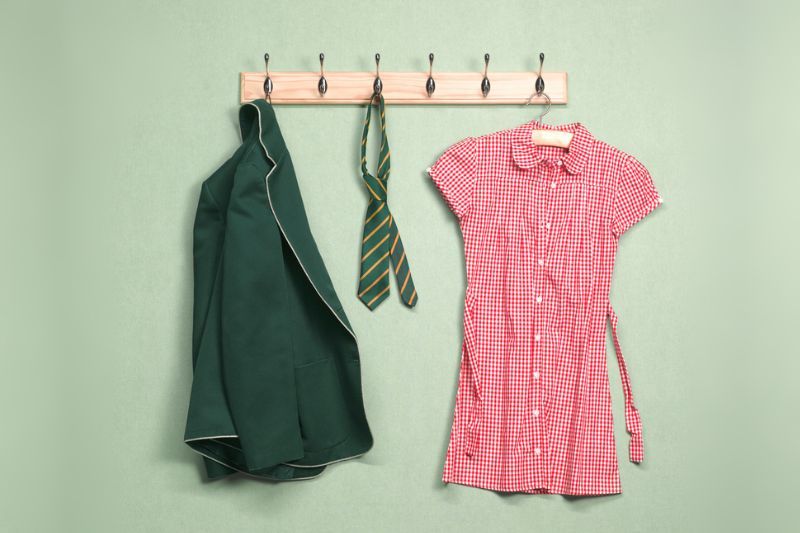
EDUCATION
- Sarah Klenbort
- 11 October 2023
9 Comments
Parents face a complex choice: public or private schooling? Overcrowded public classrooms contrast with well-funded private institutions, revealing inequalities in educational resources. Australia's educational landscape reveals not just a tale of two school systems but the underlying values and priorities of a nation.
READ MORE
-
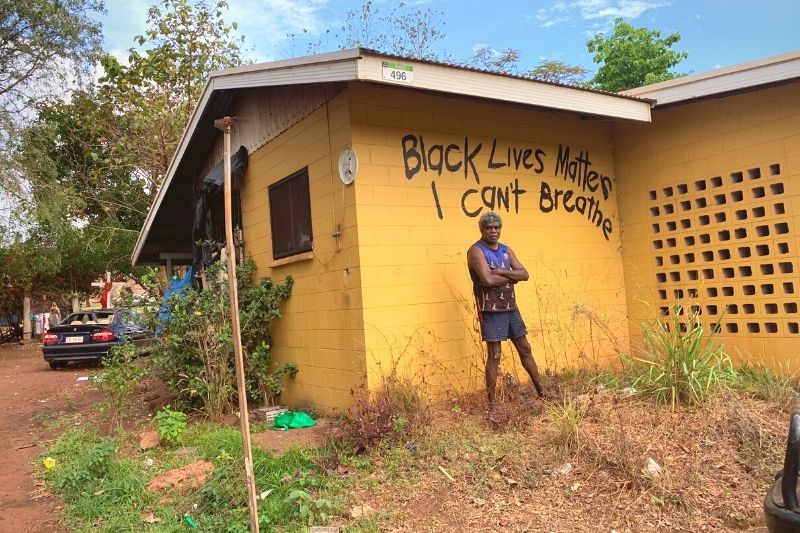
AUSTRALIA
- Brian McCoy
- 04 October 2023
6 Comments
The looming referendum challenges us to confront our shared history and consider a united path forward. Amidst the deep-rooted pain and the quest for truth, reconciliation and healing, can this vote be the turning point that signals a brighter, more inclusive future for all?
READ MORE
-
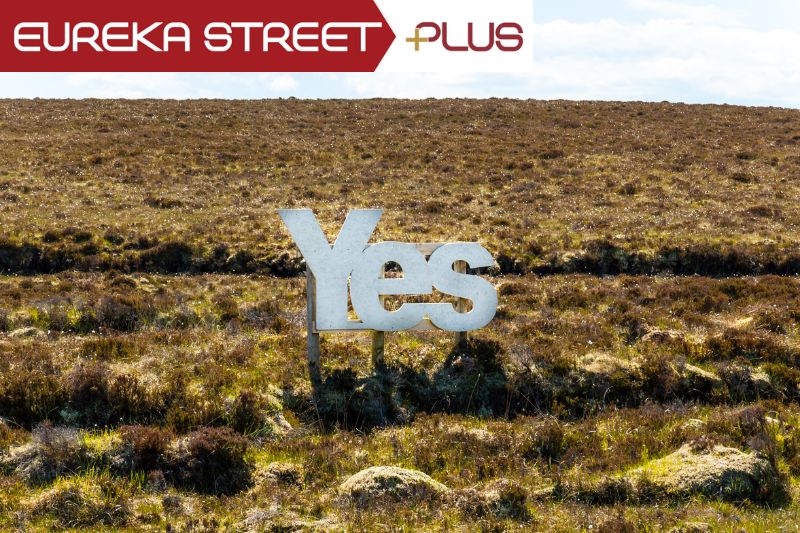
AUSTRALIA
- Michele Frankeni
- 02 October 2023
From cherished family anecdotes to narratives that divide societies, stories have a way of bonding groups and affecting our thinking on the challenges facing our nation. It is our stories that either draw people closer or keep us from recognising the humanity in each other.
READ MORE 
-
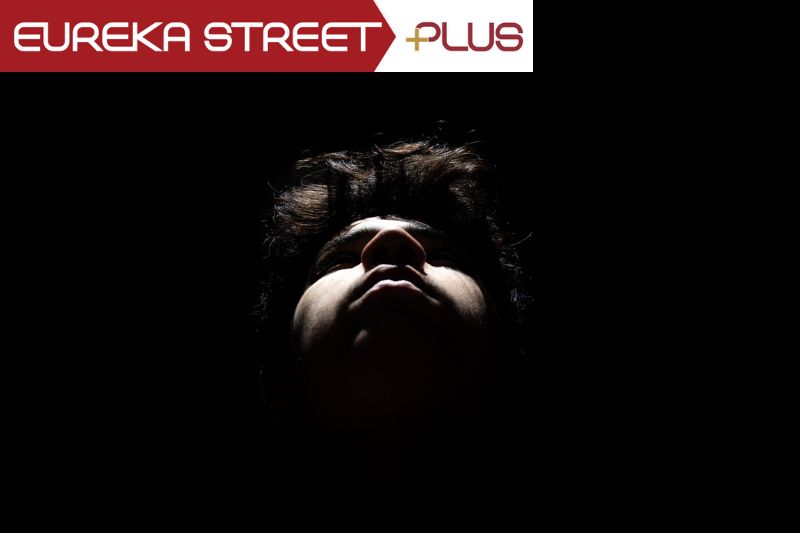
AUSTRALIA
- Adrian Rosenfeldt
- 29 September 2023
12 Comments
Amid the rise of 'no religion' among young Australians, there is a nuanced narrative of spirituality with demonstrated potential to alleviate some mental health concerns. With a prominent strain of individualism pervading today's culture, might revisiting spiritual connectedness provide young people with a needed respite?
READ MORE
-

EDUCATION
- Michael Furtado
- 28 September 2023
38 Comments
As Australia grapples with educational inequality, those in the Catholic education system must ask: how do we test for a clear commitment to Catholic Social Teaching and the seminal role it plays in enunciating the guiding principles of Catholic education, particularly in regard to it being offered, ‘first and foremost … to the poor’?
READ MORE
-
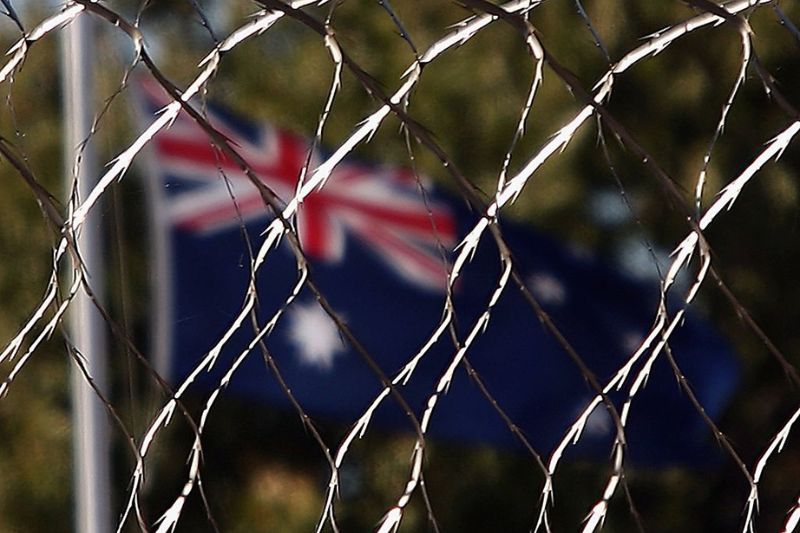
AUSTRALIA
- Andrew Hamilton
- 21 September 2023
In a better world, people who seek protection in Australia and people removed from prison would not be detained in the same detention centres. But the grounds for differential treatment are not based on the difference between guilty and innocent people; between asylum seekers and 'hardened criminals'. Both groups are worthy of respect and compassion.
READ MORE
-

AUSTRALIA
- John Falzon
- 21 September 2023
3 Comments
In the face of Australia's pressing housing crisis, is the solution merely a question of funds, or does it demand a deeper overhaul? Many are calling for a transformed government role, one that abandons the shackles of neoliberalism, prioritises social infrastructure, and champions the collective good over select interests.
READ MORE
-
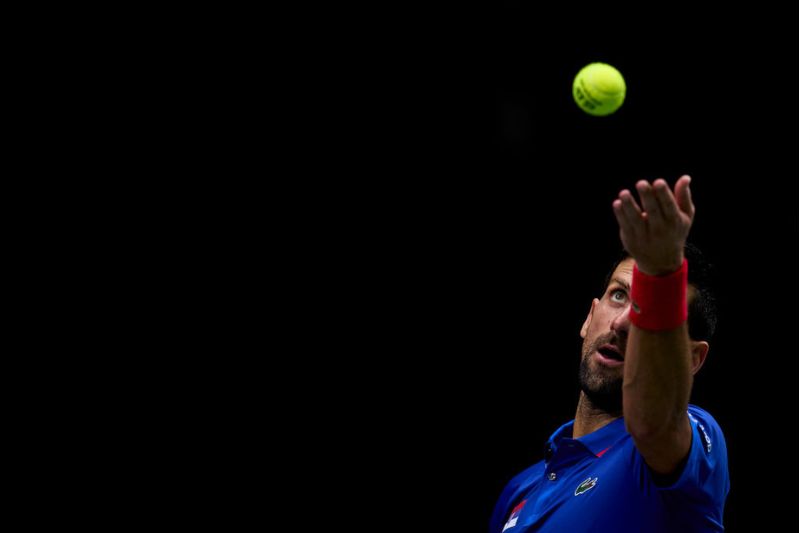
INTERNATIONAL
- Binoy Kampmark
- 20 September 2023
3 Comments
Novak Djokovic's on-court triumphs are undeniable, yet off-court controversies spark widespread debate. Navigating the complex interplay of admiration, critique, and understanding becomes essential in grasping the narrative of this unparalleled yet enigmatic champion. Can we disentangle his sporting prowess from off-court controversies?
READ MORE